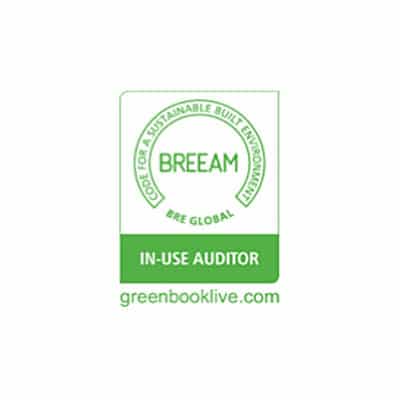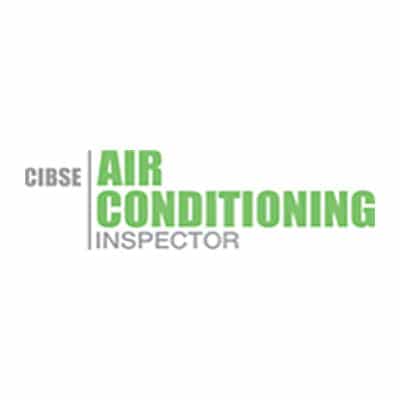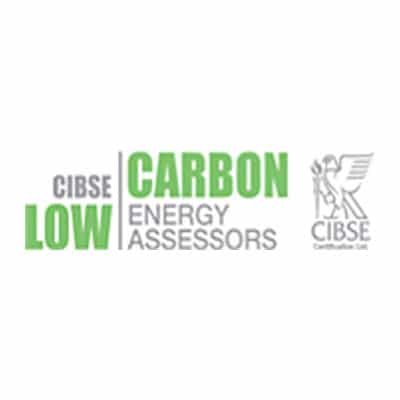SECR compliance explained - Guidance on SECR reporting
Qualifying UK companies have to include a SECR statement into their annual accounts for financial years starting on or after 1 April 2019.
We explain what the Streamlined Energy and Carbon Reporting - SECR legislation is, and provide guidance on SECR compliance and reporting.
Why choose us for SECR compliance, guidance and reporting
Peace of mind that your energy auditors are Chartered Energy Managers, registered on the Energy Institutes Register of Professional Energy Consultants - RPEC and CIBSE accredited energy efficiency assessors with extensive experience of conducting energy efficiency audits and associated reporting.
Streamlined Energy and Carbon Reporting compliance can be very time consuming and frustrating if not approached in a structured manner, and our dedicated SECR account manager will provide guidance and work with you to ensure full SECR compliance by streamlining the compliance process so that you can focus on your business.
We will provide you with access to a dedicated and user-friendly spreadsheet, which centralises and optimises energy consumption data capturing, analysis, benchmarking and reporting for SECR and ESOS, to significantly reduce time and money spent on compliance, and ensure timely compliance year-on-year.
What is the Streamlined Energy and Carbon Reporting Legislation - SECR
The Companies (Directors Report) and Limited Liability Partnerships (Energy and Carbon Report) Regulations 2018 implement the UK governments policy on Streamlined Energy and Carbon Reporting (SECR) and the information provided below will help businesses across the UK which are in scope of the new regulations comply with their legal obligations that came into force on 1 April 2019.


Which organisations are affected by the SECR legislation
The legislation affects;
• quoted companies
• large unquoted companies (including charitable companies)
• large Limited Liability Partnerships (LLPs)
Companies incorporated outside of the United Kingdom are not required to include energy and carbon information in their Directors Report under this legislation, including foreign parent companies of UK subsidiaries.
The government encourages all private sector organisations which are not in scope of the legislation to report similarly, although this remains voluntary.
Complying with the SECR legislation
Large unquoted companies and large LLP's are obliged to report their UK energy use and associated greenhouse gas emissions as a minimum relating to gas, electricity and transport fuel, as well as an intensity ratio and information relating to energy efficiency action, through their annual reports.
Quoted companies of all sizes continue to be required to report their global greenhouse gas (GHG) emissions and an intensity ratio through their annual reports. Additionally, they are now required to report their total global energy use and information relating to energy efficiency action alongside the methodology used to calculate the new and existing disclosure requirements.
If you are reporting at group level, for a financial year for which you are required to prepare a group Directors Report, when making your energy and carbon disclosures, you must take into account not only your own information, but also the information of any subsidiaries included in the consolidation which are quoted companies, unquoted companies or LLP's. However, you have the option to exclude from your report any energy and carbon information relating to a subsidiary which the subsidiary would not itself be obliged to include if reporting on its own account. The same applies to LLP's required to prepare a group Energy and Carbon Report.
If you are reporting at subsidiary level, for a financial year for which your parent company (or parent LLP) is preparing a group relevant Report (i.e. a group Directors Report or a group Energy and Carbon Report), you might not be obliged to include your energy and carbon information in your own accounts and reports.

Definition of quoted and large companies for SECR compliance
Quoted companies in this respect are those whose equity share capital is officially listed on the main market of the London Stock Exchange; or is officially listed in an European Economic Area State; or is admitted to dealing on either the New York Stock Exchange or NASDAQ.
For large unquoted companies and large Limited Liability Partnerships the qualifying conditions are met when it satisfies two or more of the following requirements in a year;
• turnover of £36 million or more
• balance sheet total of £18 million or more - gross asset value
• 250 or more employees
What needs to be reported under SECR?
Quoted companies within the scope of the legislation must continue as a minimum to disclose in their Directors Report their;
Annual global emissions from activities for which that company is responsible including the combustion of fuel and the operation of any facility; together with the annual emissions from the purchase of electricity, heat, steam or cooling by the company for its own use - Also referred to as Global GHG Protocol Scope 1 and Scope 2 emissions
Unquoted companies and Limited Liability Partnerships in scope of the legislation will be required to disclose energy and carbon information in their accounts and reports, including;
UK energy use, to include as a minimum purchased electricity (Scope 2, location based) for buildings and operations, purchased electricity (Scope 2) for electric vehicles, combustion of gas (Scope 1), combustion of fuel for transport purposes (Scope 1) and business travel in rental or employee-owned vehicles where company is responsible for purchasing of fuel (Scope 3)
Although reporting the transmission and distribution (T&D) factors for the energy loss that occurs in getting electricity from the power plant to the organisations that purchase it are voluntary, it is considered best practice for UK reporting
Qualification as a low energy user
A quoted company preparing a Directors Report which has consumed 40MWh or less during the period in respect of which the report is prepared.
Unquoted companies or LLPs preparing a Directors Report or Energy and Carbon Report which have consumed 40MWh or less in the UK, including offshore area, during the period in respect of which the report is prepared.
Where an organisation is a low energy user, it is not required to make the detailed disclosures of energy and carbon information referred to above. Instead, such an organisation is required to state, in its relevant report, that its energy and carbon information is not disclosed for that reason.
When do businesses in scope need to report?
The new requirements, imposed by the 2018 Regulations on quoted companies and on large unquoted companies and large LLPs apply to reports for financial years starting on or after 1 April 2019.
If your financial year end is 31 March, then the first data collection period will be 1 April 2019 to 31 March 2020
In the above example the last date to comply with the Regulations if you are a PLC is 30 September 2020 or 31 December 2020 if you are a Ltd company or large LLP
If your usual financial year end is 31 December, then the first data collection period will be 1 January 2020 to 31 December 2020
In the above example the last date to comply with the Regulations if you are a PLC is 30 June 2021 or 30 September 2021 if you are a Ltd company or large LLP
External verification or assurance
There is no requirement in the legislation for emission and energy use data, or narrative on energy efficiency action to be independently assured; however, the UK Government recommends it as best practice. Voluntary independent assurance on the accuracy, completeness and consistency of energy use, GHG emissions data and energy efficiency action is encouraged as beneficial to both internal decision-making and for external stakeholders.
Enforcement
The Government will work with Companies House and the Financial Reporting Council to support implementation, and to monitor how organisations respond to the new reporting requirements as part of its overall responsibility to review the impact of the legislation on businesses and the wider economy.
Check out our latest articles
Read through our articles and case studies provided by our team of professionally registered engineers about TM44 Inspection, ESOS compliance, SECR compliance as well as how to improve the energy efficiency, indoor air quality, operation and maintenance of commercial buildings.








